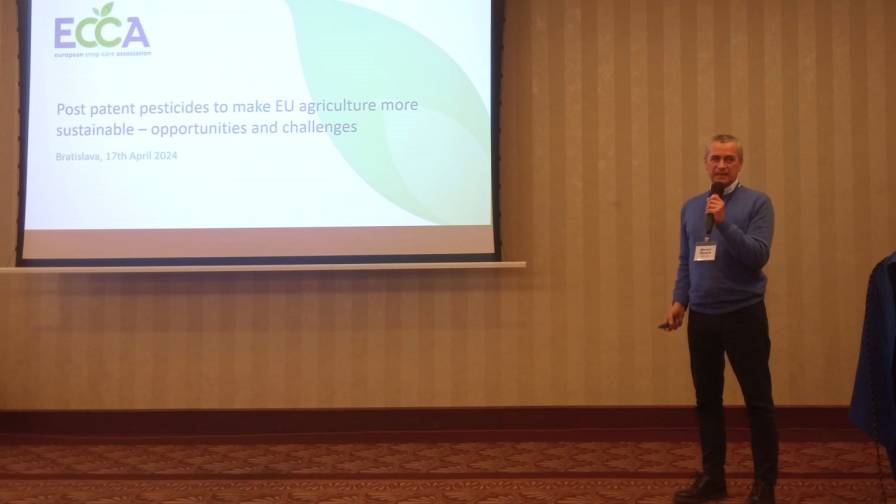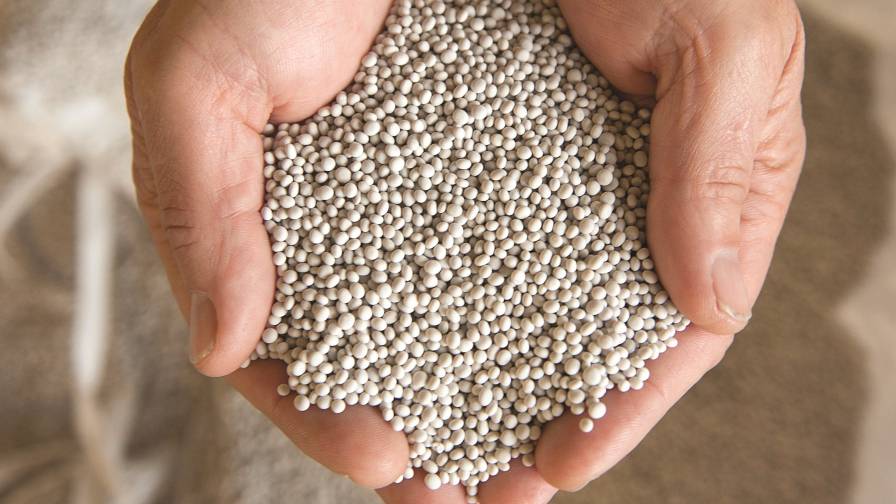Biostimulants to Benefit From New EU Fertilizer Rule
The European Biostimulant Industry Council (EBIC) led a charge to define biostimulants so they can be included in the pending fertilizer regulation that would create a single European regulatory market for biostimulant products as early as 2018.
The new rule is a huge benefit for biostimulant manufacturers because it allows them to sell products into the EU as a single market. Currently, products must be registered in each European country.
Some uncertainty persists about the final product definitions and timing of the proposed rule’s approval for a variety of reasons, not least of which is Brexit.
First some background: The EU’s current fertilizer rule from 2003 was clear to define the substances that would be regulated in the single market, primarily conventionally mined or chemically produced traditional fertilizers. Biostimulants were not defined well enough to fit into the standard. Enter EBIC and its members — manufacturers of seaweed extracts, protein hydrolysates, chitosan, microbials, and humic and fulvic acids — who have spent the past 10-plus years educating the European Commission on the biostimulant industry and its products.
EBIC was founded in 2011 and gained legal status in 2013. Since then it has been the official lobbying arm for this growing plant health segment. The draft rule gives definitions to five product families that have never been regulated before — biostimulants, organic fertilizers, growing media and mulch, fertilizer additives, and liming material. The rule was issued in May and will be enacted after it is approved by the European Commission, Council, and Parliament.

Neal Sanders, Verdesian Life Sciences Europe
“The draft regulations as they’ve been constituted, with some minor modifications, are a major step forward for biostimulants,” says Neal Sanders, Technology Development Manager for Verdesian Life Sciences Europe. “In creating a single market in Europe, we think the market could double in five to 10 years because companies are restrained from commercializing products right now.”
Business Versus Brexit Effects
If the rule is submitted to Parliament in 2016, then the rule could go into effect by January 2018. But many observers cite delays that realistically could push implementation to 2019.
The fertilizer rule will likely be delayed due to Brexit, but it isn’t the only EU business on hold. The quest for the UK’s timely withdrawal from the EU is monopolizing a good amount of MP’s time and energy, and usual business is suffering as a result. The early October flash crash of the British pound is just one scenario that has economists on their heels and economies limping along. The euro hasn’t fared well, either. The pound hit a 30-year low in October, and the euro is trading at its lowest level since 2002.
Adding to the urgency is the fact the UK is slated to assume EU Council’s rotating presidency on July 1, but the UK will forfeit its turn when Prime Minister Theresa May invokes Article 50, which will begin the years-long process of negotiating the country’s split from the trading bloc. As uncertainty over the terms of separation continue to weigh on financial markets, currencies, and politics, the EU is setting aside some of its non-urgent business in an effort to normalize and reunite Europe.
In the meantime, EBIC and other lobbyists will try to make some changes to the draft legislation, primarily for the microbial product category. The proposed draft uses a positive list as a means to approve products, which means that a company’s bacterium must appear on a list of approved micro-organisms to be approved. This method of approval could stifle innovation, and it could also compromise intellectual property rights, as discovery companies would essentially be forced to disclose their technologies to be included on the checklist.
However, a checklist might be the best way to ensure regulators green-light the new rule without further delays, Sanders says, because regulators would need to establish another mechanism for assessment.
“There is a limit to what can be done, and even without modifications, it is still a good regulation that creates a single market, and rulemakers should be applauded for that. Everyone is better off as a result, from industry to consumer.”
David Frabotta can be reached at [email protected].






